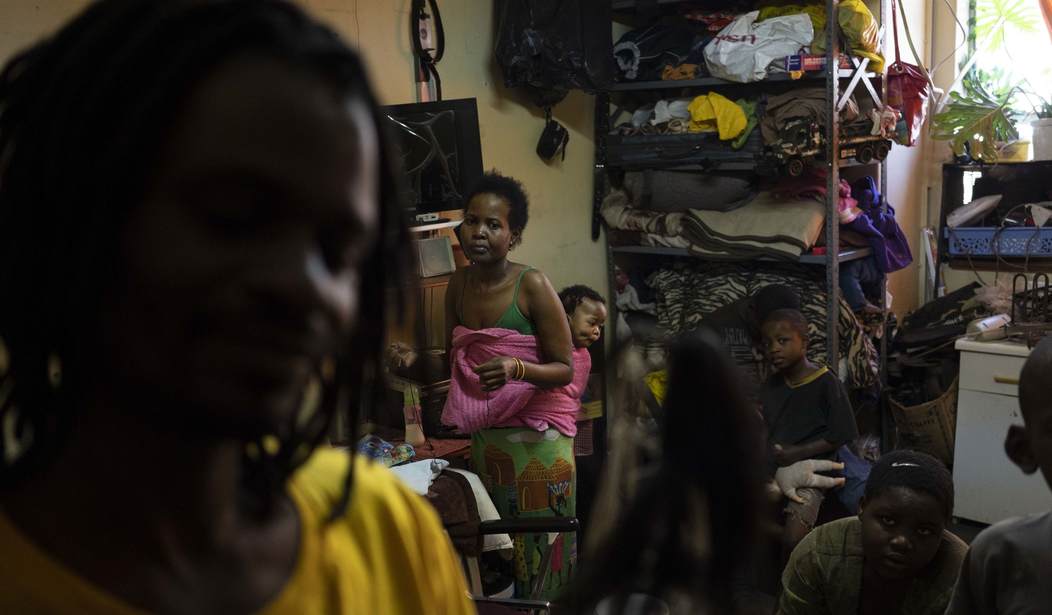No one expects miracles when it comes to African society. But in recent years, its moribund economies have stagnated further, its citizens have become more impoverished, and diseases like polio, Ebola, and now COVID have raged across the continent.
On top of that, Africans are suffering from a terminal case of bad government. So even if solutions to African poverty, disease, and civil unrest could be found, there is little chance the well-being of a vast majority of people will be improved.
But in recent years, the situation has actually gotten worse. And Western governments are the culprits.
Millions of Africans die every year, not because of malnutrition but because there isn’t enough energy to fuel economic growth. Much of Africa is not electrified so most of the continent still uses solid fuel — wood, dried dung, and charcoal — for heat, for cooking, and for light. The problem is that it’s burned inside, causing massive health problems and leading to millions of premature deaths.
The solution is right beneath their feet. Africa has vast coal reserves that could be used to power an economic miracle — if the West ever allowed Africans to use it. As it is now, to develop those coal reserves and build coal-fired power plants to generate the electricity they need, they need loans from the West and from international lending bodies.
Western governments and other lenders will not give loans to nations that want to build anything but renewable energy sources — a ludicrous restriction given Africa’s grinding poverty and stagnant economies.
But this is Africa’s reality.
The poisons and particulate matter from burning solid fuels kill almost 4 million people a year from pneumonia, heart disease, pulmonary disease, stroke, lung cancer, and a variety of impaired immunities. Half of pneumonia deaths in children under age 5 are from soot in the house.
UNICEF estimates that the African share of those 4 million untimely deaths is 400,000.
Dangerous levels of indoor air pollution are almost guaranteed for families without access to electricity.
Even those with electricity find the source unreliable. Daily interruptions in service and brownouts are not uncommon, leading to something California may have to get used to.
Even in electrified areas of Africa, access is not reliable, since the grid is often down, sometimes on a daily basis.
That has led to a “dieselization” of the continent in recent decades. Soot-spewing diesel-fueled backup generators are in place for homes of the wealthy, factories, and government buildings. The reliance on this dirty source of power is so great that it’s estimated that many African nations spend more on diesel generation than on the electricity grid itself.
The tragedy is that there could be a vast improvement in the quality of life of Africans if they could get the financing to build coal-fired plants. There’s plenty of coal on the continent. South Africa controls 70 percent of it, but there are sizable deposits in East Africa that could be developed. Millions might be lifted from poverty.
Alas, the money will not be forthcoming from the West.
More than 100 new coal-fired plants are on the drawing board in 11 African nations, and almost half of those are being financed and built by China.
In spite of Africa’s deadly health crisis, the World Bank now bars lending to maintain or build new coal-fired power plants. Instead, it is lending to countries to assist them in closing mines and replacing the existing power plants with renewables.
Even electricity will not cure the sickness that afflicts the continent. But reducing the number of people who die needlessly because of a green agenda would not be difficult and might even lead to strides being made in other economic spheres as well.










Join the conversation as a VIP Member